In a small village in central Iraq, the dire state of the education system is evident as children are crammed into dilapidated classrooms in a converted farmhouse with open-air toilets. Oudai Abdallah, the director of a public elementary school in Bani Saad district, 40 kilometers north of Baghdad, expressed concerns about the safety of the makeshift roof, which is made of wood and straw, fearing it might collapse on the students.
Decline of Iraq's Education System
The current state of education in Iraq is a stark contrast to the 1970s and 1980s when the country's education system was highly regarded in the region. During that time, students from around the Arab world came to study at Iraq's universities, and its schools were known for high-quality teaching, even providing free meals and transport.
Impact of Conflict and Mismanagement
Decades of conflict, chronic mismanagement, and endemic corruption have taken a toll on Iraq's education system. The country has suffered from a catastrophic war with Iran in the 1980s, a war with the United States and its allies in the 1990s, a US-led invasion in 2003, sectarian violence, and the emergence of ISIS, which was finally defeated in 2017. These events have left public services, including education, in a state of disrepair.
Current Challenges and Efforts
The situation is dire, with half of the country's schools being damaged, a decrease in the number of qualified teachers, and a decline in education standards that is harming economic growth, as warned by the World Bank. The government aims to address these challenges by planning to build 8,000 schools and increase the share of education in national budgets from 10 to 16 percent by 2031. Additionally, there are plans to complete the construction of 1,000 schools by 2025 through an agreement with Chinese firms.
Local Impact and Frustration
In Bani Saad, the authorities' failure to address the crumbling infrastructure has led to frustrated parents looking to private schools, which are seen as cleaner, better equipped, and providing higher-quality teaching. This shift to private schools reflects the dissatisfaction with the current state of public education, as exemplified by a government worker who moved his daughter out of the public system due to overcrowded classrooms.
The challenges facing Iraq's education system are multifaceted, stemming from decades of conflict, mismanagement, and corruption. While there are plans to address these issues, the immediate impact on students and their families is evident in the dire conditions of the current public schools.



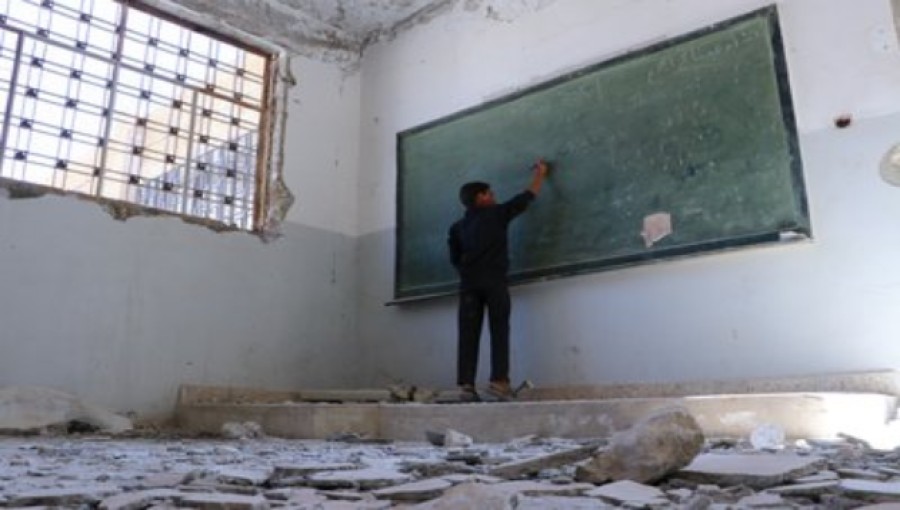

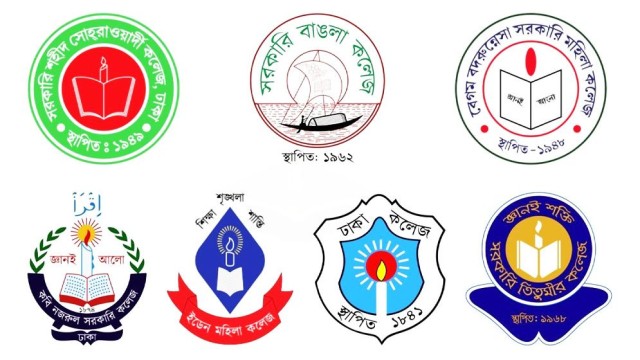
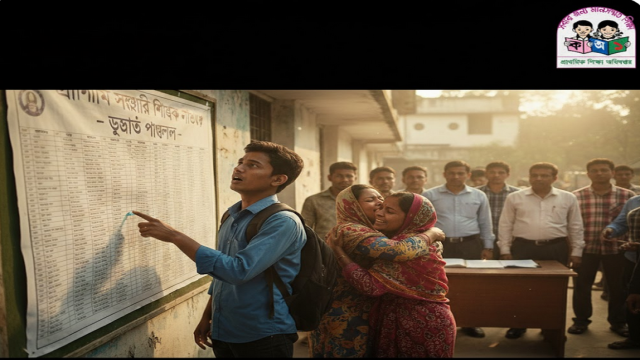

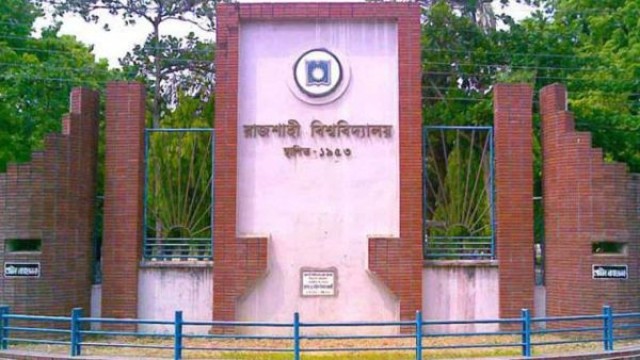


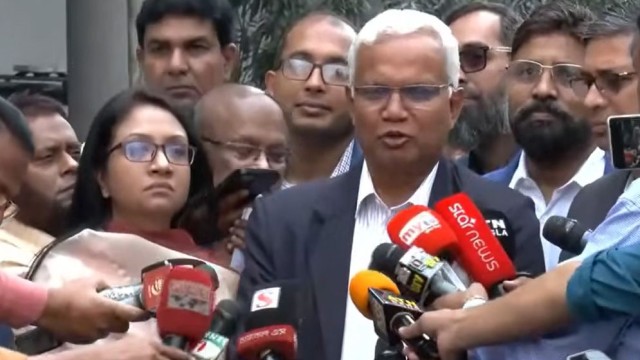
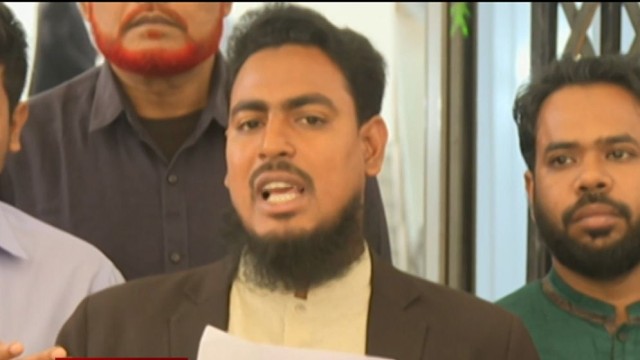
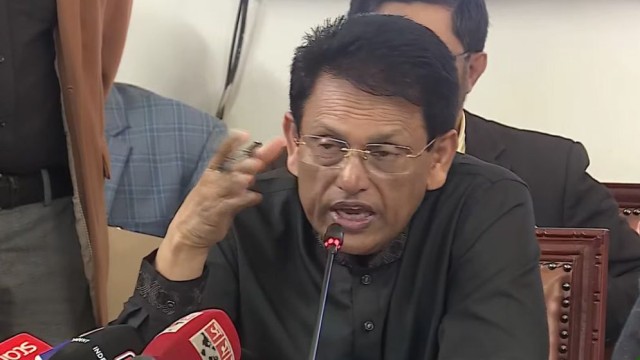
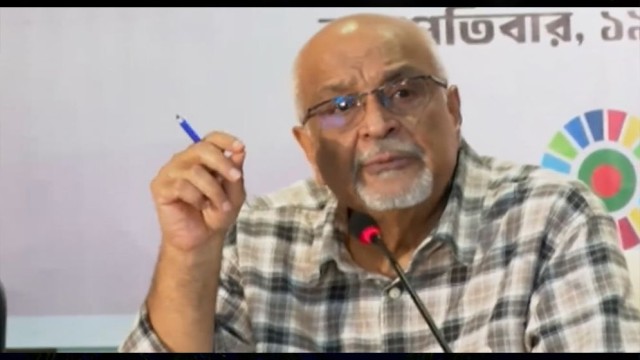


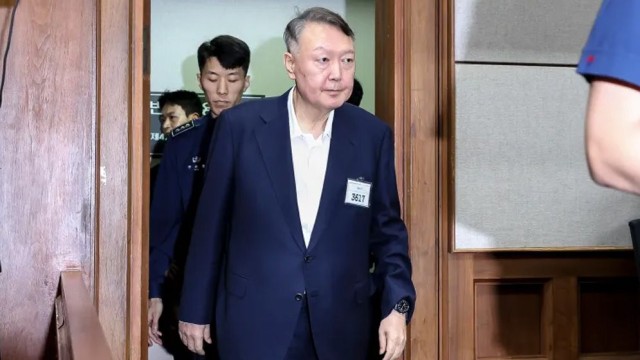

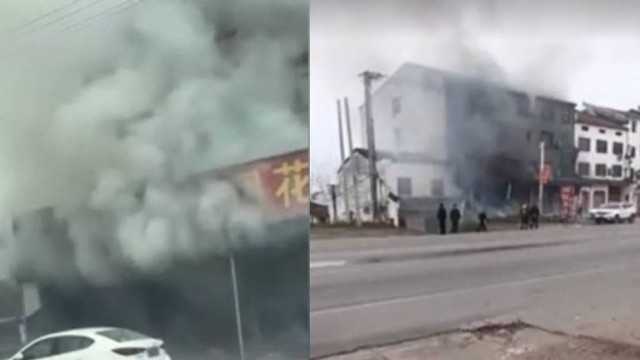











Comment: